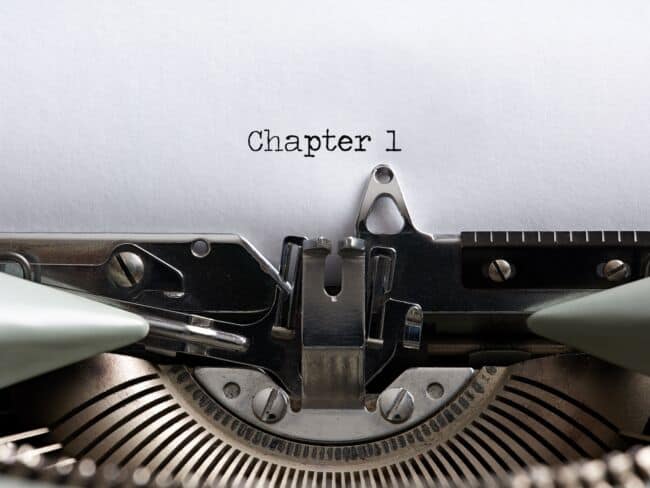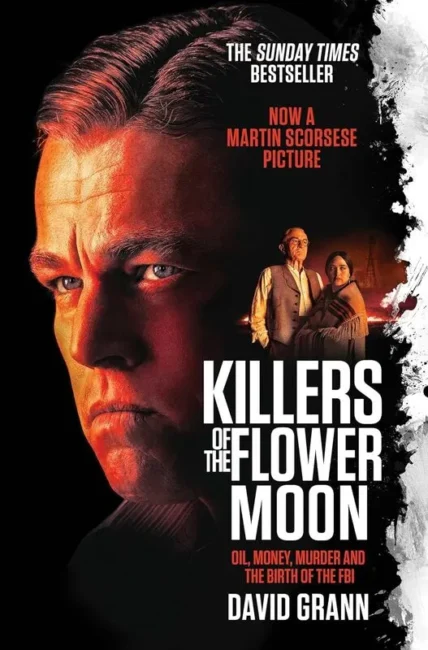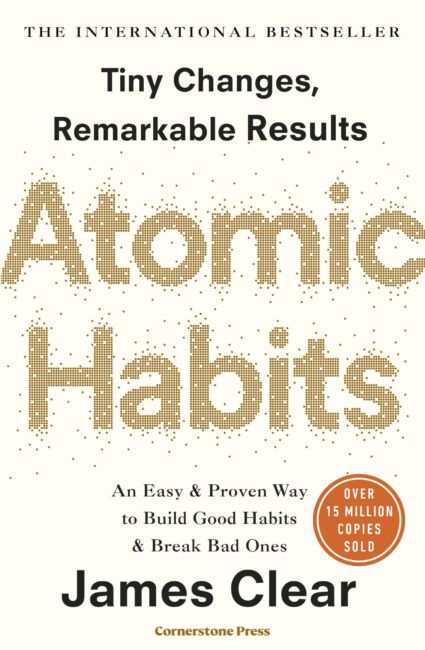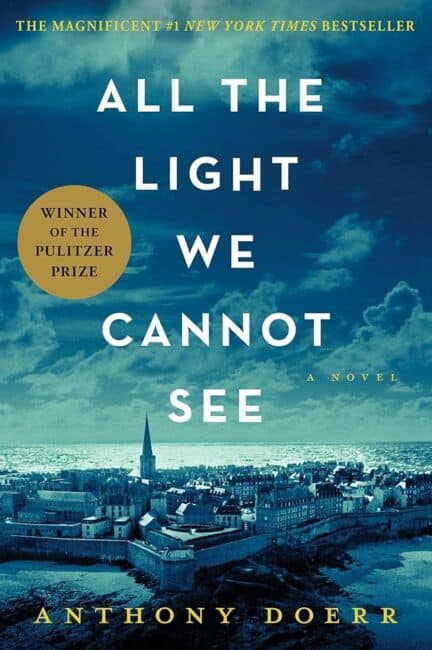The Top 10 First Lines in Literature
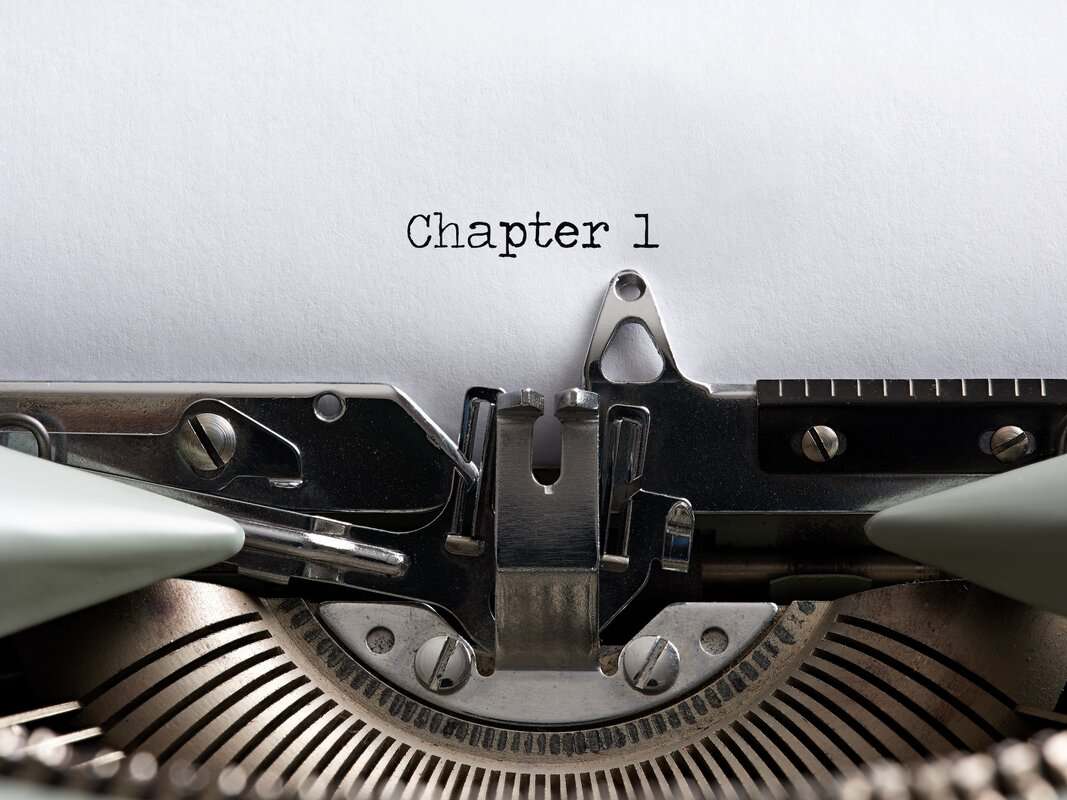
It is a truth universally acknowledged that first lines matter.
The opening line is the handshake that greets you at the start of a book. Is it firm, dramatic, nervous, weak? Or perhaps there is no handshake at all, but instead a sly wink from across a crowded room? How a book meets you can make or break your perception and stay in the hearts and minds of readers for generations.
Some opening lines launch us straight into action (‘in media res’). Others subtly whisper foreshadowing secrets. Some simply sit us down and confidently tell us we’re going to want to stay put (metafiction, we see you). The best ones, perhaps, don’t just open a story – they become a part of literary history.
Below is a celebration of ten of the most iconic, surprising, or quietly brilliant first lines in literature, spanning different times, voices, and genres. From full wit to weight, from playfulness to poignancy, these are the best first lines of a book that we can think of.
“It is a truth universally acknowledged, that a single man in possession of a good fortune, must be in want of a wife.”
- Jane Austen, Pride and Prejudice (1813)
If you didn’t catch on to the opening line of this blog, now you know what we were referring to! Dry, clever, and satirical, the first line of Pride and Prejudice is Austen at her best – and widely considered to be one of the best first lines of a book. It sets the tone while introducing us to the societies that the novel will both interrogate and poke fun at.
“Call me Ishmael.”
- Herman Melville, Moby-Dick (1851)
Such a killer first line, this one. In just three words, deceptively simple, Melville conjures a dozen questions. Why is it ‘call me Ishmael’, and not ‘my name is Ishmael’? Who is Ishmael? Is that his real name? And if not, why the anonymity? We’re immediately drawn into the epic storm that is Moby-Dick.
“It was the best of times, it was the worst of times…”
- Charles Dickens, A Tale of Two Cities (1859)
“…it was the age of wisdom, it was the age of foolishness, it was the epoch of belief…” Dickens’ first line goes on as such, building in rhythm and hypnotism, for a full 119 words. Its mirrored contradictions perfectly capture the turbulence of the French Revolution – and perhaps every other significant moment in human history, too. The paragraph on its own is practically poetry.

“The story so far: In the beginning the Universe was created. This has made a lot of people very angry and been widely regarded as a bad move.”
- Douglas Adams, The Restaurant at the End of the Universe (1980)
Ok, ok, that’s technically two lines, but can you blame us? The first line alone is quite the statement, echoing the biblical origin story and setting us up for satire. To then be followed by such an absurd and thoroughly British second line lets you know you’re in for something quite unique – and indeed, Adams does not reel off your average sci-fi.
“All this happened, more or less.”
- Kurt Vonnegut, Slaughterhouse-Five (1969)
What an introduction to a novel about war, time travel, and existential despair. Talking of greetings, this first line shrugs at you with a knowing smile. In six words, Vonnegut primes us perfectly for a story that blurs fact and fiction, history and hallucination.
“Ships at a distance have every man’s wish on board.”
- Zora Neale Hurston, Their Eyes Were Watching God (1937)
Hang on, did we accidentally pop an ancient proverb on this list? Nope, that’s just the genius of Hurston. This stunning line is wistful and loaded with a bittersweet longing. We think it’s a gorgeous opener from one of the 20th century’s greatest – and perhaps most underestimated – voices.
“I am an invisible man.”
- Ralph Ellison, Invisible Man (1952)
What can we say? It’s simple. Stark. Profound. What we quickly learn is that Ellison’s narrator is not, in fact, literally invisible (although the novel does flirt with the surreal), but is unseen by society. In a single sentence, we are introduced not only to a character but to a structure of race, power, and identity in America.
We all know how satisfying it is when a book’s title is echoed in its contents – albeit we don’t usually expect it so early on! A truly powerful opening line.
“All children, except one, grow up.”
- J.M. Barrie, Peter Pan (1911)
Magic is imbued in this iconic first line by J.M. Barrie. He offers a universal truth – all children grow up – but sandwiches it with a single exception. Who could stop reading after that?
We wish we could read this over again with no preconceptions or knowledge about the story of Peter Pan. It practically glows with fairy dust, doesn’t it?

“It was a queer, sultry summer, the summer they electrocuted the Rosenbergs, and I didn’t know what I was doing in New York.”
- Sylvia Plath, The Bell Jar (1963)
Vivid, strange, and soaked in its historical context, the opening of The Bell Jar is a masterpiece in setting the tone. Pruned back and descriptive at the same time, it evokes a real sense of place alongside its drifting detachment, setting us up for what is an absolutely haunting novel.
“As Gregor Samsa awoke one morning from uneasy dreams, he found himself transformed in his bed into a monstrous vermin.”
- Franz Kafka, The Metamorphosis (1915)
No slow reveals here for Kafka. Just a man waking up as an insect. The surrealism hits us immediately – but so does something similarly odd: we’re given a full name in the first three words. In fiction, names are often held back for effect, particularly in strange or symbolic narratives. But Kafka goes all in, handing us “Gregor Samsa” before we know what species he is. This specificity grounds the absurdity that follows, making this grotesque transformation eerily human.
Honourable mentions
Because we couldn’t stop at 10, here are just a few more favourites:
- “Conventions, like cliches, have a way of surviving their own usefulness.” – Jane Rule, Desert of the Heart (1964)
- “In my younger and more vulnerable years my father gave me some advice that I’ve been turning over in my mind ever since.” – F. Scott Fitzgerald, The Great Gatsby (1925)
- “Let me tell you a story about a game called Frustration.” – Chibundu Onuzo, The Spider King’s Daughter (2012)
- “To the red country and part of the gray country of Oklahoma, the last rains came gently, and they did not cut the scarred earth.” – John Steinbeck, The Grapes of Wrath (1939)
- “I stand at the window of this great house in the south of France as night falls, the night which is leading me to the most terrible morning of my life.” – James Baldwin, Giovanni’s Room (1956)
Let’s be honest, this list could have gone on indefinitely…
What makes a great first line of a book?
Unfortunately for the budding authors out there, there’s no single formula. As you’ll have noticed in our selection, no first line can be compared to the next. All we can say is that the best first lines make you need to read the second. We hope some of these openers got you wanting to read more!
If you want to discover more literary delights, check out our top-rated book reviews. Or, head to our blog for more content on storytelling, reading, and the beauty of books.
